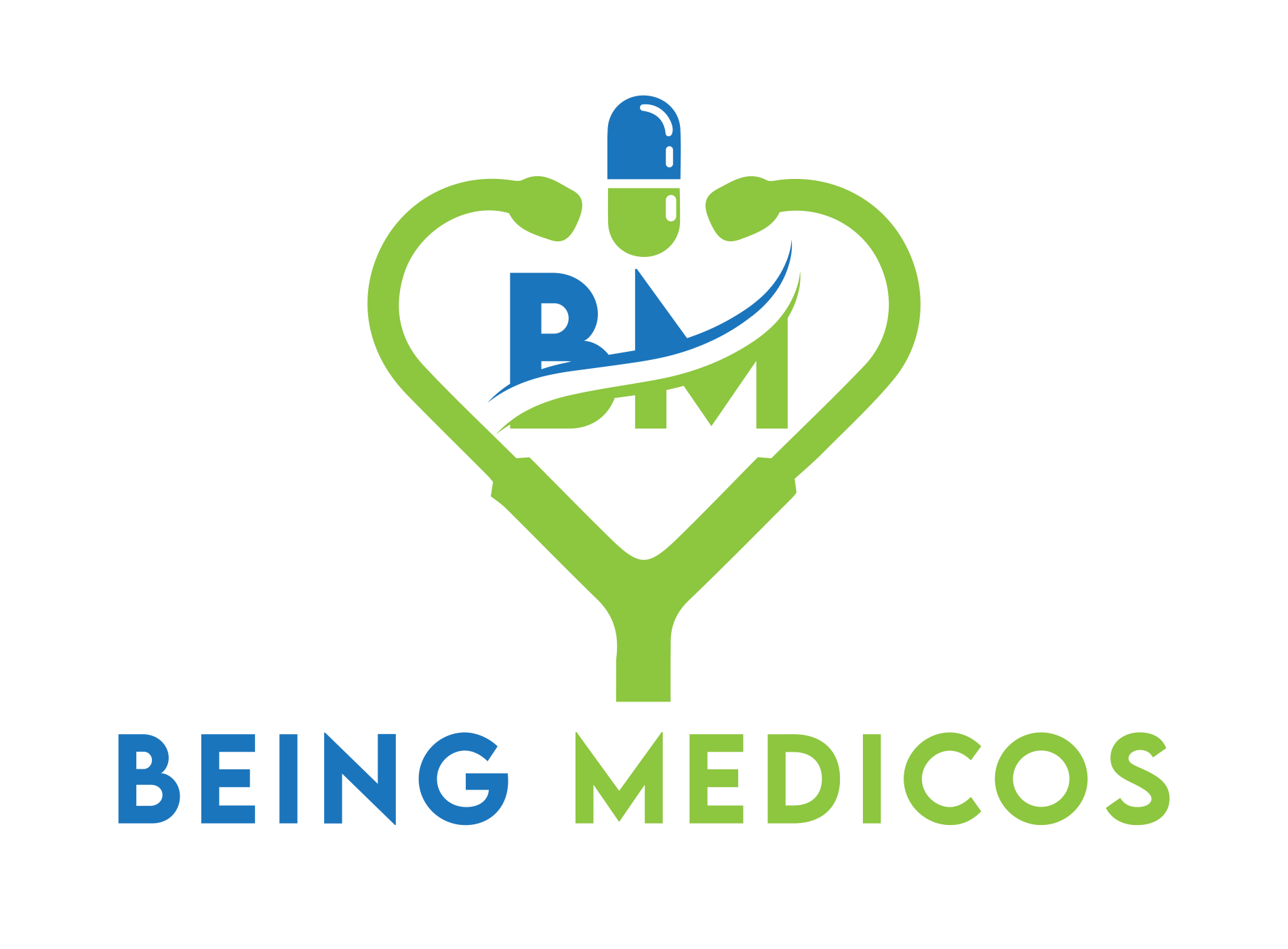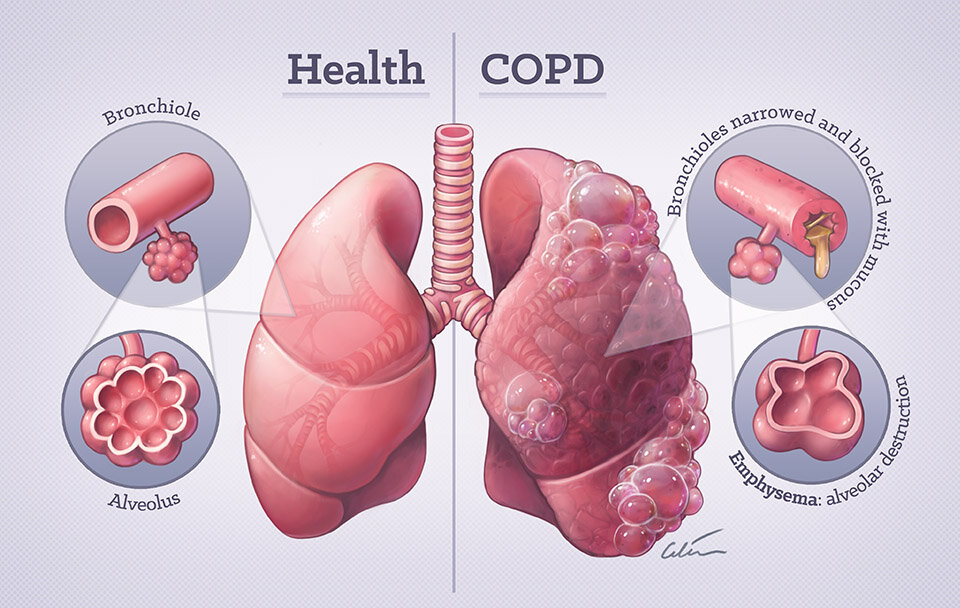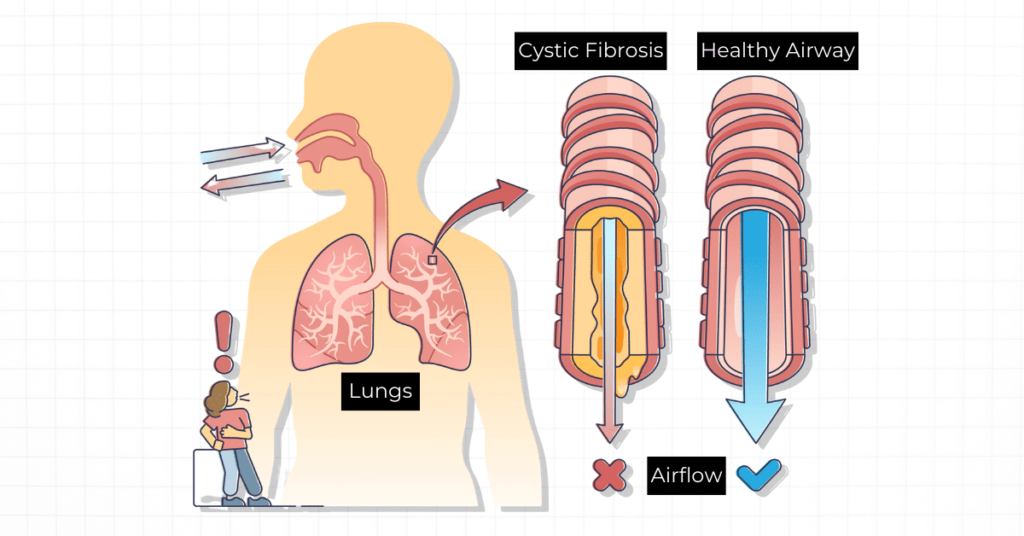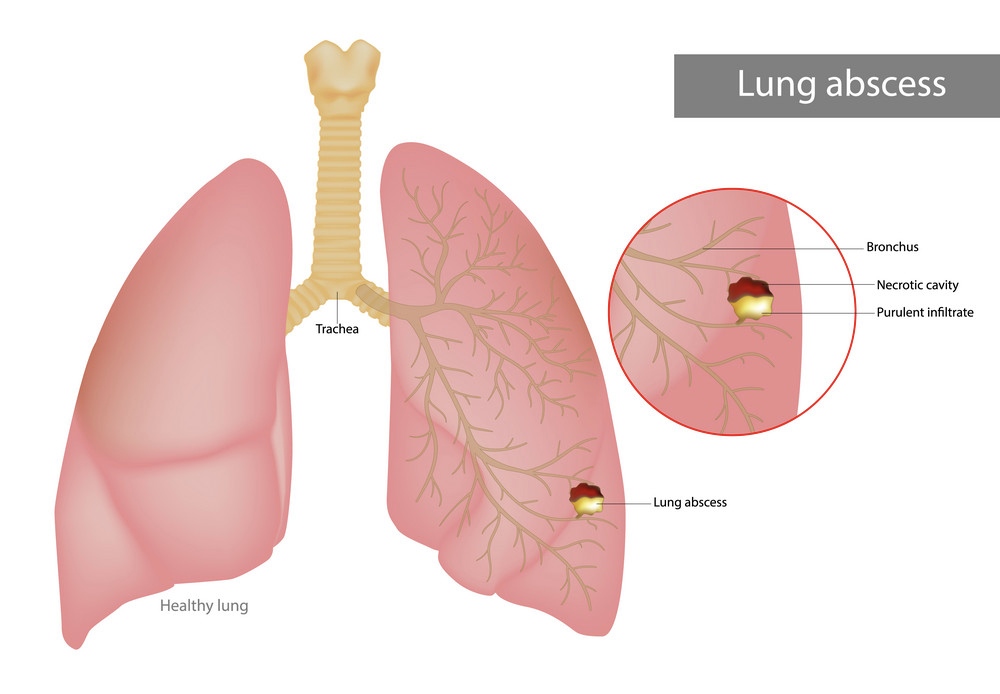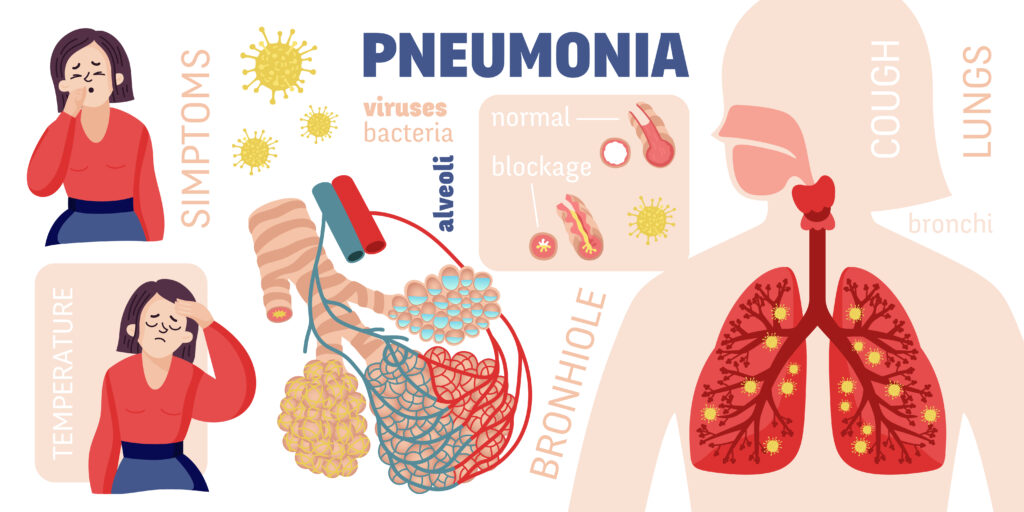COPD
COPD (Chronic Obstructive Pulmonary Disease) Introduction Chronic Obstructive Pulmonary Disease (COPD) is a progressive and debilitating respiratory condition that affects the lungs and the body’s ability to breathe effectively. It is a chronic inflammatory disease that causes obstructed airflow from the lungs, making it increasingly difficult to breathe over time. COPD is a umbrella term […]
